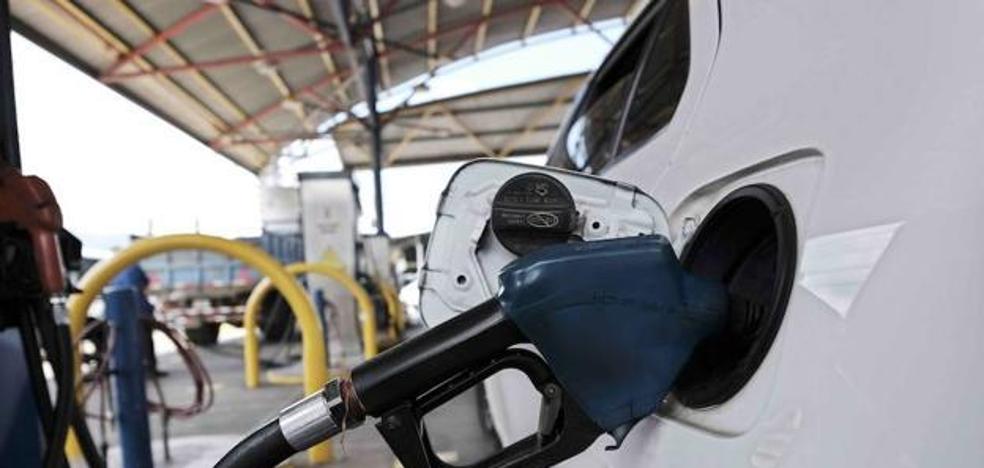High inflation has hit many farms in Austria hard. In order to be able to continue to guarantee the domestic food supply, the government therefore helps the farmers. Among other things, an increase in the taxable turnover limits due to record inflation is fixed. Agriculture Minister Norbert Totschnig (ÖVP) offered additional help to Totschnig at a press conference on Friday.
“We are currently drafting, we will communicate this soon,” said Totschnig with a view to further farmer aid, he was not more specific. With the soon to be expected adjustment of the fiscal sales limits and the brake on the electricity price, which will support companies at household level, the minister sees the farmers well prepared for the autumn. At the same time, the politician referred to other packages such as the climate bonus, which stabilizes the purchasing power of the population and thus also safeguards agricultural production.
The EU’s new agricultural strategy should bring in more money
Planning certainty for farmers will also be created through the early implementation of the Austrian strategic plan under the European Agricultural Policy (CAP). “We are entering the home track after having come a long way,” said Totschnig. The associated regulation has been sent for assessment and implementation is scheduled for October. Under the CAP, approximately €1.8 billion is available annually for domestic farms from 2023 to 2027.
Despite all the measures, the situation remains tense, Totschnig said. When it comes to electricity and gas prices, “massive upheavals that many can’t explain” are being seen, mainly affecting processing plants such as dairies. Totschnig sees the next step for the European Union, which must question the link between electricity and gas prices (keyword merit-order principle). He argues for “concrete steps” so that “the markets can return to balance”.
Custom sales limit
The government had previously announced it had agreed on another aid package specifically for domestic agriculture and forestry. Due to record inflation, they would have to adjust the tax turnover limits and the associated administrative simplifications in the tax and excise system. In concrete terms, the turnover limit in the tax lump sum will be increased from 400,000 to 600,000 euros per year.
The turnover limit was last adjusted in 2002, it is a condition for the calculation of the tax as a lump sum – ie independent of the actual turnover. This is now happening up to the new limit of 600,000 euros. When the turnover is higher, the farmers have to collect and pay taxes on their actual profits, which has become a problem for many farms lately due to the price increases. Although sales increased due to the high producer prices, this was offset by higher costs, for example for fertilizers, as a result of higher prices.
Additional bureaucracy should be avoided
“Due to the price increases due to inflation, many farms exceed the current turnover limits and suddenly have a lot of extra bureaucracy without an increase in income. By raising the lump sum limits, we relieve our agriculture and safeguard domestic production,” Agriculture Minister Norbert Totschnig (ÖVP) said on Friday about the reform.
However, the exemption must not only be above the sales limit: the standard value for the partial lump sum is also increased. With the partial flat rate, flat-rate costs of 70 percent (80 percent for processing activities) of the income are deducted from the actual income. The previous limit was 130,000 euros, in the future the value should be 165,000 euros. The cabinet has also decided to raise the income limit for secondary agricultural activities from 40,000 to 45,000 euros. This is intended to compensate farmers who only work part-time for the high inflation.
Source: Krone
I’m Wayne Wickman, a professional journalist and author for Today Times Live. My specialty is covering global news and current events, offering readers a unique perspective on the world’s most pressing issues. I’m passionate about storytelling and helping people stay informed on the goings-on of our planet.



